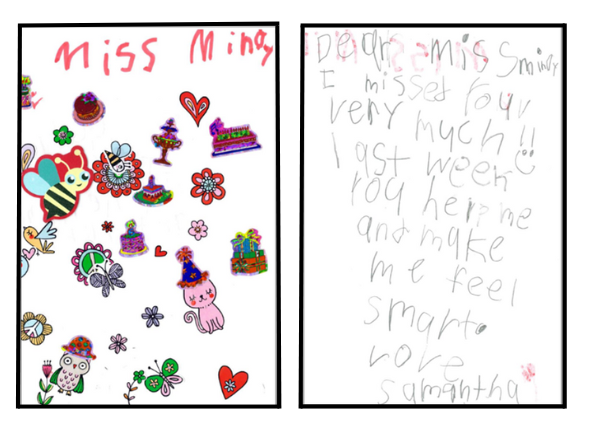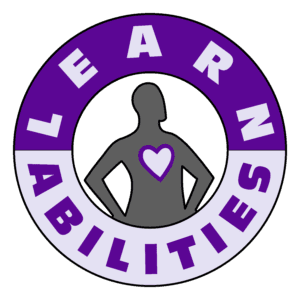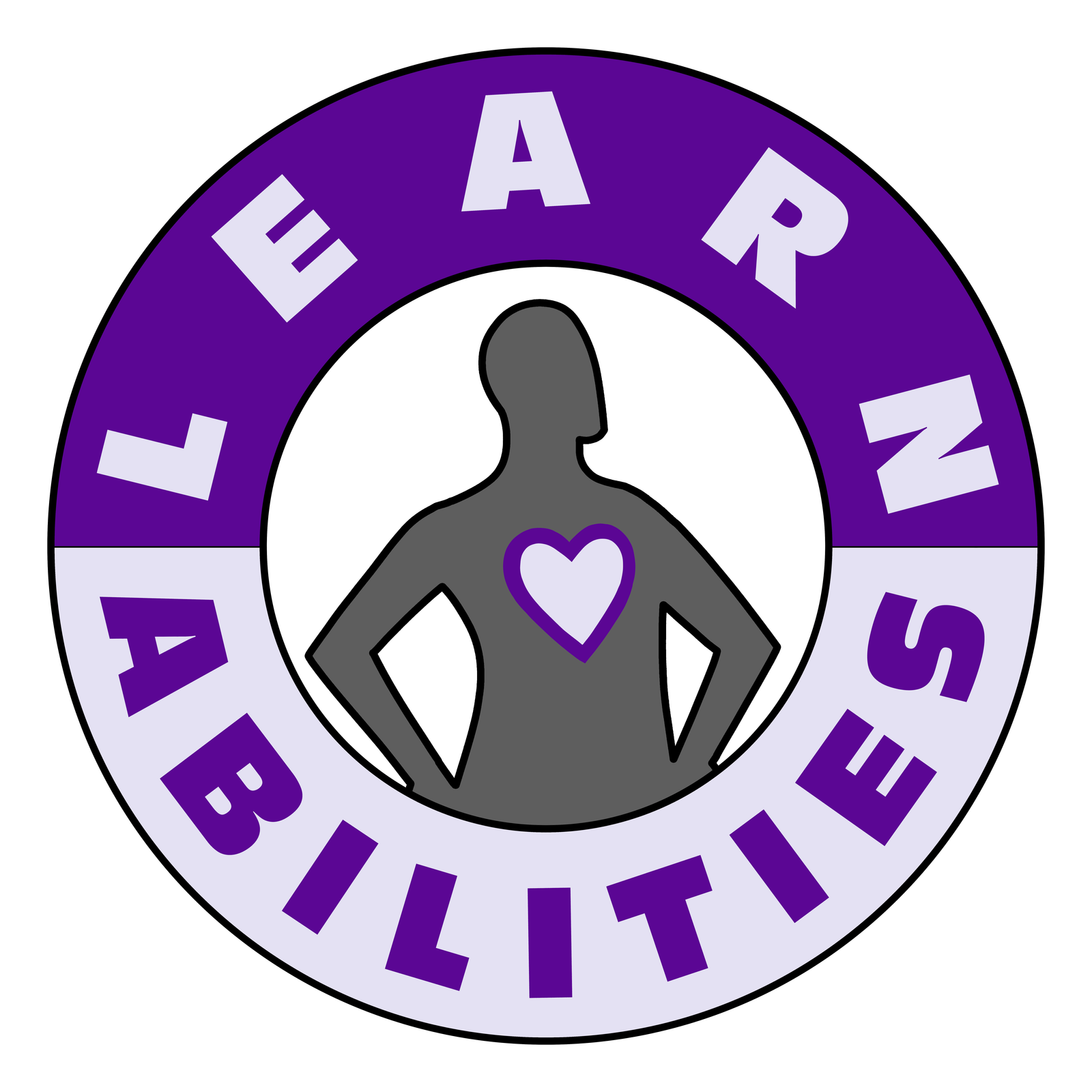Empowerment: My “Why” Stories
What is empowerment? You might think of it along the lines of unicorns and rainbows. However, empowerment is a bit less elusive. Through empowering teaching, you can help students become confident and motivated. You can make sure that students look beyond challenges to see their strengths, becoming aware of what they need and how to get it. Most of all, you can help them become involved in their own learning by making choices and using strategies that work for them. There are concrete empowerment techniques that you can use to teach in an empowering way.
Why do you teach? You may be teaching because you want to make an impact on the world. You may teach because of your own experiences in school or to change education in some way. Maybe you just want summers off—lol. Perhaps you are a parent who found yourself accidentally homeschooling or chose to teach your own or other children because of the need to do things differently or because you wanted to share a special expertise or talent.
Sometimes there are specific experiences that shape the reasons why we teach and the ways we do so. In my opinion, empowering young minds may be one of the “hardest” parts of teaching. To demonstrate, I will start by sharing two scenarios that led to my own awareness—my own mindfulness, if you will—of the need to empower the children and adults I teach:
Empowerment Through Words
I had been working with one of my clients, Craig, on an upcoming math test. We had reviewed the content, practiced the skills, and discussed test-taking strategies. The following week, we met again. The conversation went something like this:
“Hi Craig. How was your week?”
“Good.” (The typical answer one gets from a school-aged child.)
“Tell me more…. How was your math test?”
“I got a 70.”
“What happened?”
Ouch. As soon as the words left my mouth, I knew that I had not asked the most encouraging question. In my mind, he had really known the material, and he was so well prepared. However, in those two words, I had projected my own standards onto him, and I had deflated all the accomplishment and joy that he had brought to our meeting. What I hadn’t considered was that he was thrilled that he had passed the test.
I continued to work with Craig with a new focus, and he is now an empowered young adult. As a result of that one moment, however, my career was changed forever. I began to work with a different state of mind that put empowerment first—before academic progress and grades and the expectations of others.
Since then, as an educator, I have worked to avoid scenarios like this again. Instead, when students provide grades, I ask them how they feel about those grades, and we go from there. However, as a parent, with more “targeted” expectations, I still falter. Luckily, I have an “educator-in-training” to help me develop my empowering mindset. In our homeschool, after we have worked on a certain subject area, and my daughter says she got a certain grade, sometimes I slip. I know she knows the material, and I ask, “why?” She turns to me and says, “Would you say that to your client?” And we discuss. And I grow.
Empowerment Through Actions
Lest you think me a poor educator and parent (haha!), let me also provide some evidence of success. Unfortunately, this evidence of success is also a stark indication of a lack of success by other educators. As I always do, I met with my new client and her parent to discuss my services and their situation. During our conversation, I asked my new student, Sam, whether she was smart. Her answer was a firm “no.” She was in first grade. How did she already not feel smart after less than two years of compulsory education?
The following week, I met with Sam and did a strength-based interview, an interview where I asked Sam to think about all the activities in which she felt successful. Although she was hesitant to list strengths at first, I was able to “dig” and get her to think about the things she did well. The next week, I was unable to meet, and in my absence, she created this letter for me:

I had only worked directly with Sam for one hour, and that strength-based interview was enough to turn around her self-image and begin to build a foundation for confidence. We continued with other empowerment training, and her teachers at school began noticing changes. Sam started participating in class! Now, as a high school student, she is successful in school, reads for pleasure, and always answers “yes” to the question of whether she is smart.
Sam’s letter is often included in my presentations to educators and sits on my desk as a reminder to me of why I do what I do (and how to do it better)—to keep me on the right path. Empowerment may not take major changes in our behaviors and words, but it does require at least minor ones on a daily basis. That… and constant recalibration of our mindsets when we work with children. Thank you, Craig and Sam (and, of course, AJ), for teaching me how to teach better!
Three Tips to Empowering Teaching
- Identify student interactions where empowering words and behaviors by you are particularly important (i.e., when a child is anxious about something in the future or when a student is overwhelmed by a particular task now).
- Determine empowering language that can be used in certain situations. While you want to individualize your comments, of course, having some key foundational phrases can be helpful in starting you on the right track.
- Reflect! Reflect! Reflect! Think about the student interactions you have had each day and notice when you could have done better. Give yourself grace, and then determine what you will try to do next time.
Credits: Photo by Becky Vogel on Unsplash
Original Post: February 27, 2024








